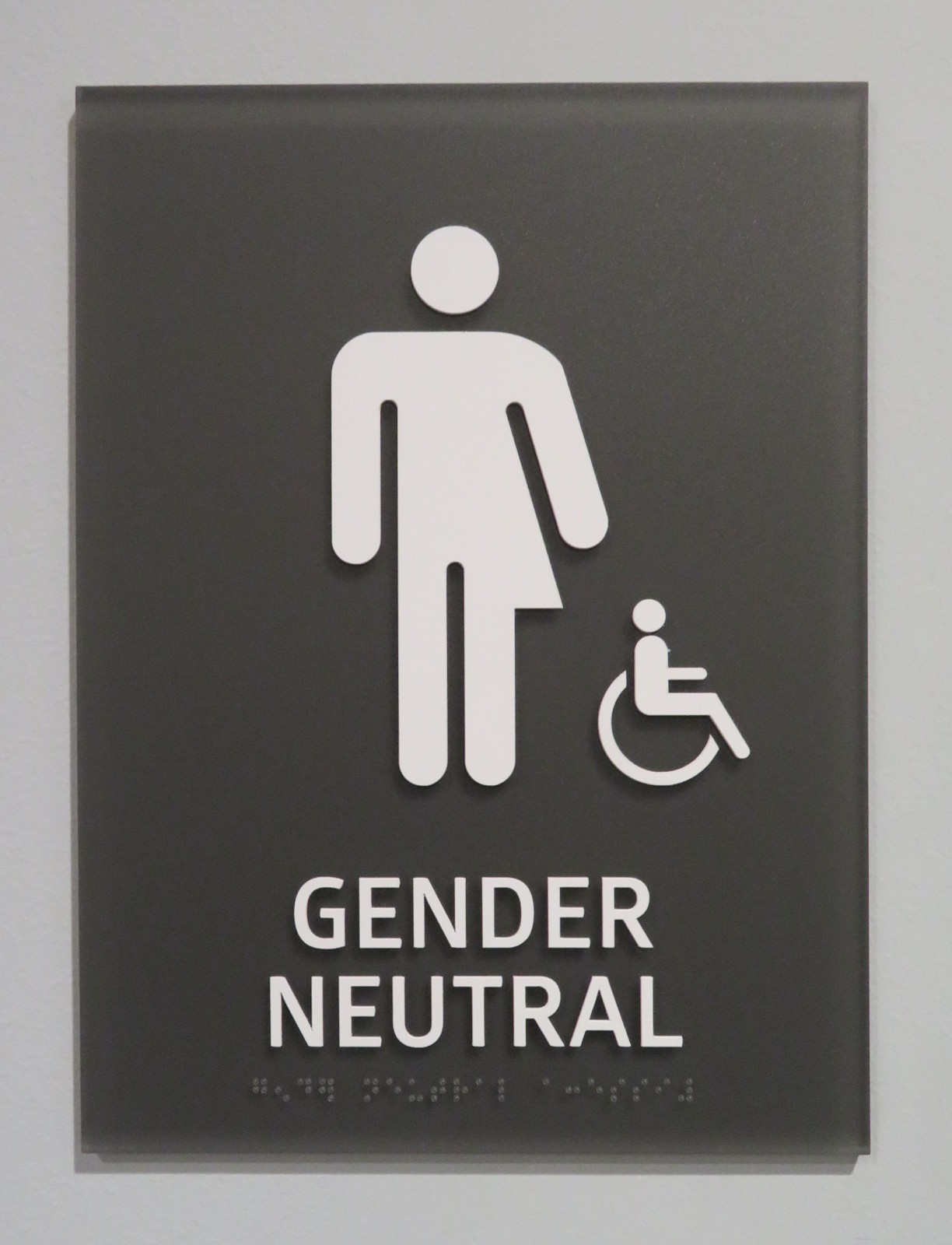A report by thinktank Policy Exchange has revealed that schools are implementing their own gender ideology in the absence of clear government guidelines. Some schools fail to inform parents about their child’s gender distress because of data protection and privacy concerns. The report’s authors warn that countless schools’ routinely disregard’ safeguarding principles concerning gender identity issues.
Thinktank Policy Exchange contacted over 300 schools with Freedom of Information (FOI) requests on their gender identity policies and found many failing to uphold “safeguarding protocol regarding gender-distressed children and their peers.”
The findings highlight that many schools prioritise gender ideology:
- One-third of schools said they would not reveal a child experiencing gender identity issues to a medical professional or a Designated Safeguarding Lead.
- 40 per cent of schools operate gender self-identification policies.
- Nearly seven out of ten schools rely on other students to confirm a child’s new identity.
- Less than 30 per cent of schools are telling parents about a child’s gender identity crisis.
- 19 per cent of schools only have gender-neutral changing facilities, with 28 per cent offering joint toilets.
- One-quarter of schools teach pupils that a person ‘may be born in the wrong body.’
- 30 per cent of schools ask students to treat anyone according to their gender self-identification under all circumstances.
- More than seven out of ten schools teach kids that people can have a gender identity different from their biological sex.
The last three findings fall under Relationships, Sex and Health Education (RSHE). On the publication of the report, the authors said:
“Our research reveals there to be a safeguarding blind spot when it comes to the issue of sex and gender.
“Safeguarding principles are being routinely disregarded in many secondary schools, which are neglecting their safeguarding responsibilities and principles in favour of a set of contested beliefs, in ways that risk jeopardising child wellbeing and safety.
“In doing so, schools are compromising both the law and statutory safeguarding guidance.
“While many schools believe they are acting in a child’s best interests, there is no circumstance in which safeguarding norms should be compromised. Nonetheless, this is happening across the country.”
MPs and educators urge the government to publish gender ideology policies
The report’s publication comes as education leaders and MPs are calling on the government to urgently publish transgender issue-related safeguarding guidance for schools.
In the report’s foreword, Labour’s Rosie Duffield wrote:
“This Government has failed children by allowing partisan beliefs to become entrenched within the education system. Meanwhile, the Opposition has failed to pull them up on it.
“The safeguarding of children is fundamental to a civilised society. Policy Exchange here demonstrates there to be a systemic failure in the school system, caused by an ill-considered embrace of gender ideology.”
In reaction to the Policy Exchange study, Association of School and College Leaders (ASCL) general secretary Geoff Barton said that schools work very hard to meet the needs of children with gender identity issues. He added they were doing so “in the context of a public minefield of strongly held and opposing views.”
Condemning the government’s delay in publishing guidance, he added:
“Meanwhile, the government has still not produced guidance for schools on supporting pupils who identify as trans or who are questioning their gender identity, despite this having been under discussion for several years.
“This is clearly needed so that schools are able to draw on an established set of guidelines rather than constantly being caught in the crossfire between opposing views and beliefs.”
A Department of Education spokesperson said:
“The Education Secretary is working closely with the minister for women and equalities to produce guidance for schools which we will be consulting on shortly.
“We have brought forward the review of the relationships, sex and health education statutory guidance, which will give us the opportunity to consider the evidence and provide clarity on what is appropriate to be taught in schools.”




